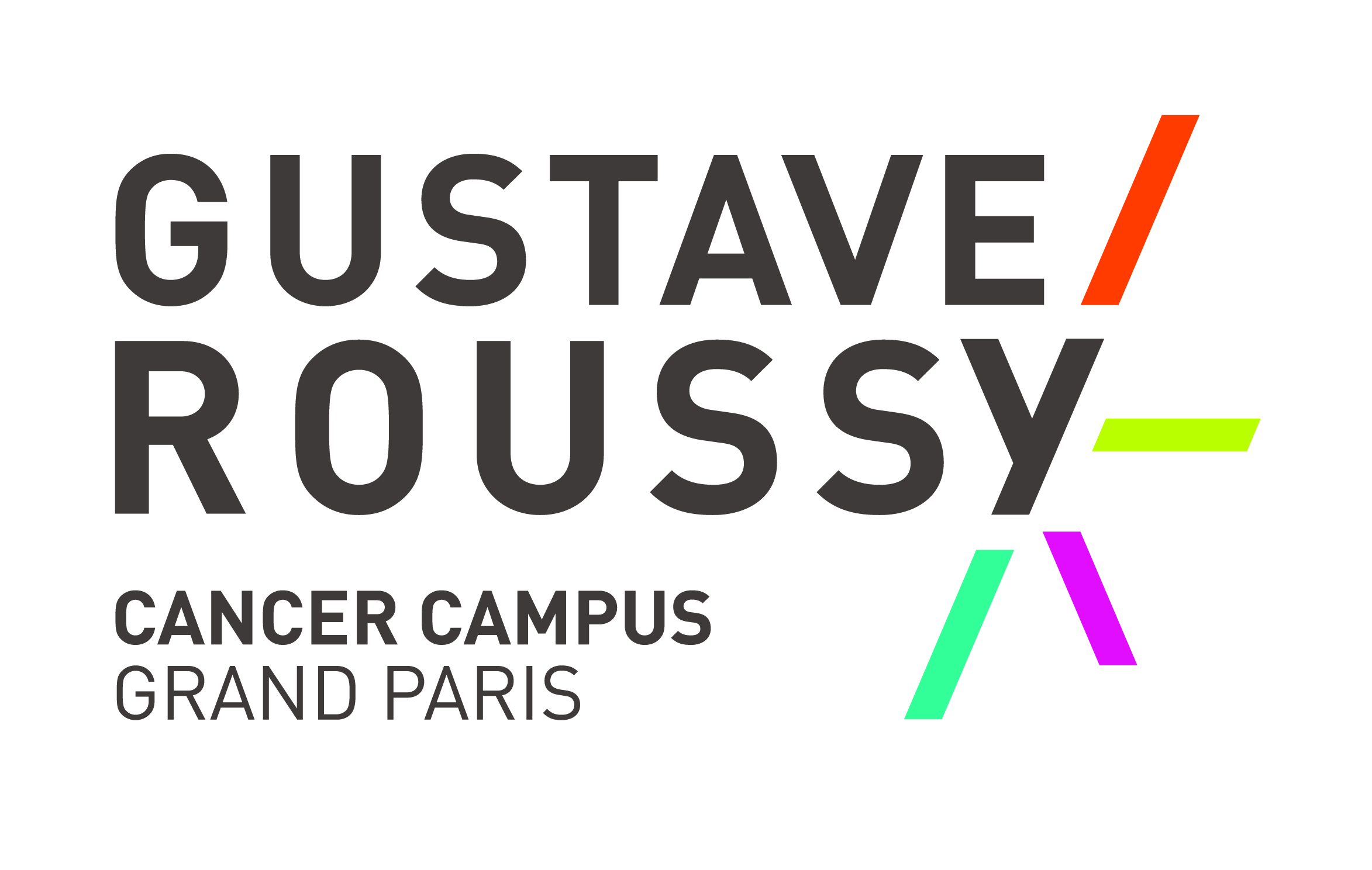TALAPRO-2 is a phase III, international, randomised, double-blind clinical trial involving a total of 805 patients with metastatic castration-resistant prostate cancer. Participants were recruited across 200 centres in North America, Europe and the Asia-Pacific region. Among them, 399 patients with DNA repair gene abnormalities were also included in a dedicated cohort.
TALAPRO-2 aimed to evaluate the efficacy of an innovative therapeutic combination: the PARP inhibitor talazoparib paired with enzalutamide, a second-generation hormone therapy. Patients were randomly assigned to two groups:
- One group received a daily oral combination of talazoparib (0.5 mg) and enzalutamide (160 mg).
- The other group received enzalutamide alone (160 mg daily by mouth).
The results published in The Lancet show a particularly pronounced benefit of the talazoparib/enzalutamide combination in patients with a BRCA2 gene mutation.
In this group, after four years of follow-up, median overall survival had not yet been reached for patients receiving both drugs, with more than half of them still alive at the time of analysis. In contrast, patients receiving hormone therapy alone had a median overall survival of 28.5 months.
“These findings show that in patients with metastatic castration-resistant prostate cancer and BRCA2 gene alterations, the talazoparib/enzalutamide combination can double life expectancy — a remarkable result. TALAPRO-2 also demonstrates that this combination reduces the risk of deterioration in quality of life or the onset of symptoms associated with cancer progression,” explains Professor Karim Fizazi.
Cancer cells with a defective BRCA2 gene already struggle to repair their DNA. Adding a PARP inhibitor to hormone therapy leads to the accumulation of DNA damage in tumour cells, resulting in cell death.
Understanding the Molecular Profile of Tumours
In the overall cohort — including all patients, regardless of whether they had DNA repair gene alterations — adding a PARP inhibitor to next-generation hormone therapy also showed a benefit, albeit to a lesser extent: the median overall survival increased from 37 months (with enzalutamide alone) to 45.8 months (with the talazoparib/enzalutamide combination). The difference was smaller when excluding patients with BRCA2 alterations.
“The updated TALAPRO-2 results highlight the importance of molecular testing in patients with metastatic castration-resistant prostate cancer — particularly to determine the presence of BRCA2 alterations. If such an alteration is identified, patients can be directed towards a combination therapy with a PARP inhibitor and second-generation hormone therapy, which is likely to become the new standard of care for this subgroup,” says Professor Karim Fizazi. “This molecular testing can be carried out via liquid biopsy by analysing circulating tumour DNA in the blood. It is a highly reliable and informative method, particularly in prostate cancer,” he concludes.
Sources
The Lancet
Talazoparib plus enzalutamide in men with HRR-deficient metastatic castration-resistant prostate cancer: final overall survival results from the randomised, placebo-controlled phase 3 TALAPRO-2 trial
Published 16th July 2025
DOI: https://doi.org/10.1016/S0140-6736(25)00683-X
Talazoparib plus enzalutamide in men with metastatic castration-resistant prostate cancer: final overall survival results from the randomised, placebo-controlled, phase 3 TALAPRO-2 trial
Published 16th July 2025
DOI: https://doi.org/10.1016/S0140-6736(25)00684-1
